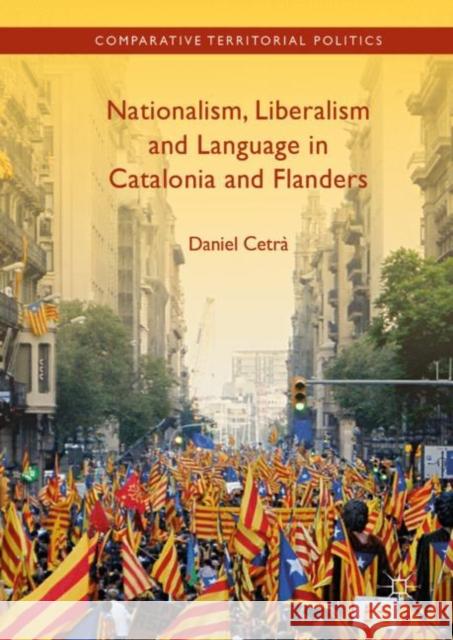Nationalism, Liberalism and Language in Catalonia and Flanders » książka
topmenu
Nationalism, Liberalism and Language in Catalonia and Flanders
ISBN-13: 9783030082734 / Angielski / Twarda / 2019 / 210 str.
Kategorie BISAC:
Wydawca:
Palgrave MacMillan
Seria wydawnicza:
Język:
Angielski
ISBN-13:
9783030082734
Rok wydania:
2019
Wydanie:
2019
Ilość stron:
210
Waga:
0.51 kg
Wymiary:
21.01 x 14.81 x 1.91
Oprawa:
Twarda
Wolumenów:
01
Dodatkowe informacje:
Wydanie ilustrowane











